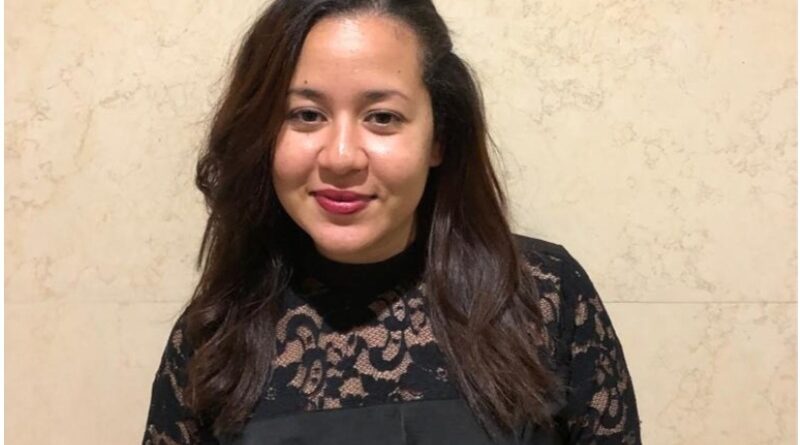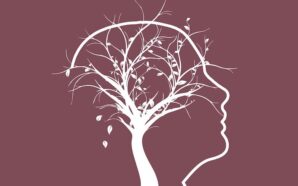Tell us a bit about yourself and your journey that culminated in where you are today?
I have an educational background focused on business. I was lucky to obtain my master’s degree majoring in strategy and marketing from abroad which enlarged my contact with students from different backgrounds and gave me the chance to emerge in another country’s culture.
I always had interest in social issues regarding intercultural dialogue, youth education, and human rights. And that encouraged me during university to always be active in extra-curricular and volunteering activities. I participated for 2 years in a row in Model United Nations. As a delegate and a director in this student activity, and I actively took part in AIESEC leadership summit during College. Even during my professional life, I wanted to still be an active citizen, so I took part in the European Forum Alpbach Community, Injaz Egypt for financial literacy campaign and Clean Shores environmental campaign.
We would love to know more about your work.
I am an IBM fellow working with a super team to get the word out about IBMZ skills. We are working on 3 main projects to offer the opportunity to young students from high-school and universities to learn digital and coding skills in a fun and easy way, so they are prepared for the future job market. I am the lead developer advocate for the Z ambassador program, in which we empower students to advocate Z skills in their community and work with them to enhance their soft and technical skills through a series of talks with industry experts, trainings and networking opportunities. We are also working on launching a new app “the Hour of Z” and an IBMZ Global Student Hub, where students can express their thoughts and be active in discussions with like-minded tech youngsters. We are really aiming to create youth inclusion in everything we do at IBMZ, so young people can be heard and valued.
Do you think we should be wary of the shift from human power to machine power?
I think machine power is making our life easier, technology when used in the right way, positively impacts our daily life. We use machine power everyday in education, travel, health and many more and we can say that it helped us enhance human life, preserve the environment, and be empowered. We need to embrace the new technology and work on cascading basic digital skills to youth so they can thrive in the future.
What is crucial to do right now in ensuring the human evolves?
As we can see nowadays, we are evolving with technological evolution. We evolve and our surroundings also evolve, thus, we need to ensure quality education for all coupled with necessary skills such as communication and adaptability so we can navigate the new challenges posed by the ever-evolving post-pandemic landscape. Also, self-awareness and better critical thinking skills can help us understand not only ourselves but also how others feel and think, which leads to a more inclusive community, in which we feel empowered and understood.
As technology shifts the balance of power and opportunity in society, does it impact gender equality?
We need to leverage new technologies to encourage a more inclusive society and equal opportunities across different societies. Technology opens the door for new job opportunities across many sectors, which can help in achieving the SDG goal of gender equality and to create a path of a digitally inclusive world for all in a sustainable manner.
How is automation evolving in your field of work?
AI has seen a significant rise in the past couple of years and it is intersecting with many industries helping in designing, training, marketing, and making employees life easier. As technologies advance, so people’s mindset needs to go forward and embrace new technologies. This filed is an opportunity for every tech passionate to learn new skills and explore new job opportunities.
What are the most important skills that are essential for our future and the future of work?
The future of work requires new habitudes and attitudes that include the ability to manage your emotions and handle crisis situations, which we refer to as emotional intelligence and problem-solving. Information and digital literacy also play an important role in the future global job market, along with flexibility, and teamwork.
As the future of work is rapidly changing, how is digitalization empowering our society and especially those who were being left behind before?
Digitalization is opening the doors to a more accessible form of education which is online education. It offers the opportunity to people from across the globe to be digital ready, especially, in developing countries and rural areas. We have also seen digitalization supporting financial inclusion for all segments of society, making healthcare services more accessible and affordable, and helping government transformation to better serve its citizens.
Why is an inclusive dialogue about gender equality important especially in this fourth industrial revolution of technology?
Women contribute to every part of life, from work in the private sector, to NGO’s and the governmental sector. And, although women and girls form half of the society, according to the UN, 70% of people in poverty are women. With this fourth industrial revolution of technology, the society can provide more just and equal opportunities for women and other disadvantaged communities.
Gender bias is a huge topic as far as tech and machine learning is concerned. What needs to be done to address this?
Diversity and inclusion is a topic that needs to be addressed across different sectors and tech is one of them. We need to make sure of having various representations of women from different socio-economic and ethnic backgrounds, as well as non-represented segments of society to make sure that the technology invented, and products introduced are well designed to respond to different needs of different segments.
How can we realize an inclusive future?
By small steps we can realize bigger ones. If each and everyone of us started contributing to having an inclusive future based on mutual understanding, empathy, social intelligence, and design-thinking we can achieve this goal. In addition, the cooperation between the public and private sector plays a key role by joining their efforts in achieving an inclusive society.
Any last words?
Work towards your goals, never lose hope and be the change your aspire to see in your community.
This interview was organized and conducted by interns participating in Ananke’s Empower – Digital Capacity Building Program (Anam Javed, Mwajuma Faridah Abdallah, Tooba Arshad Khan)











